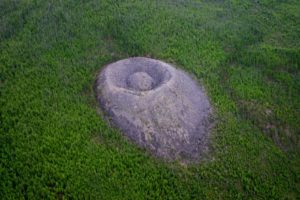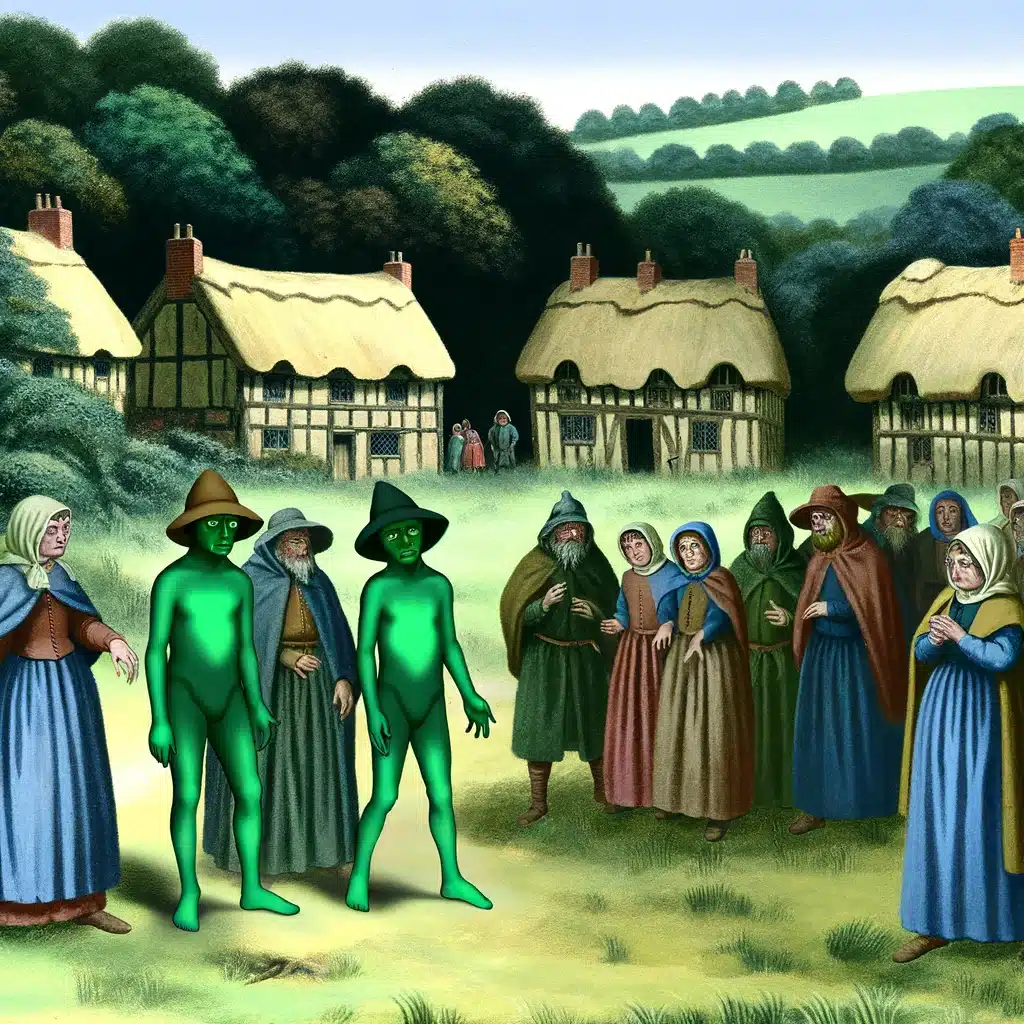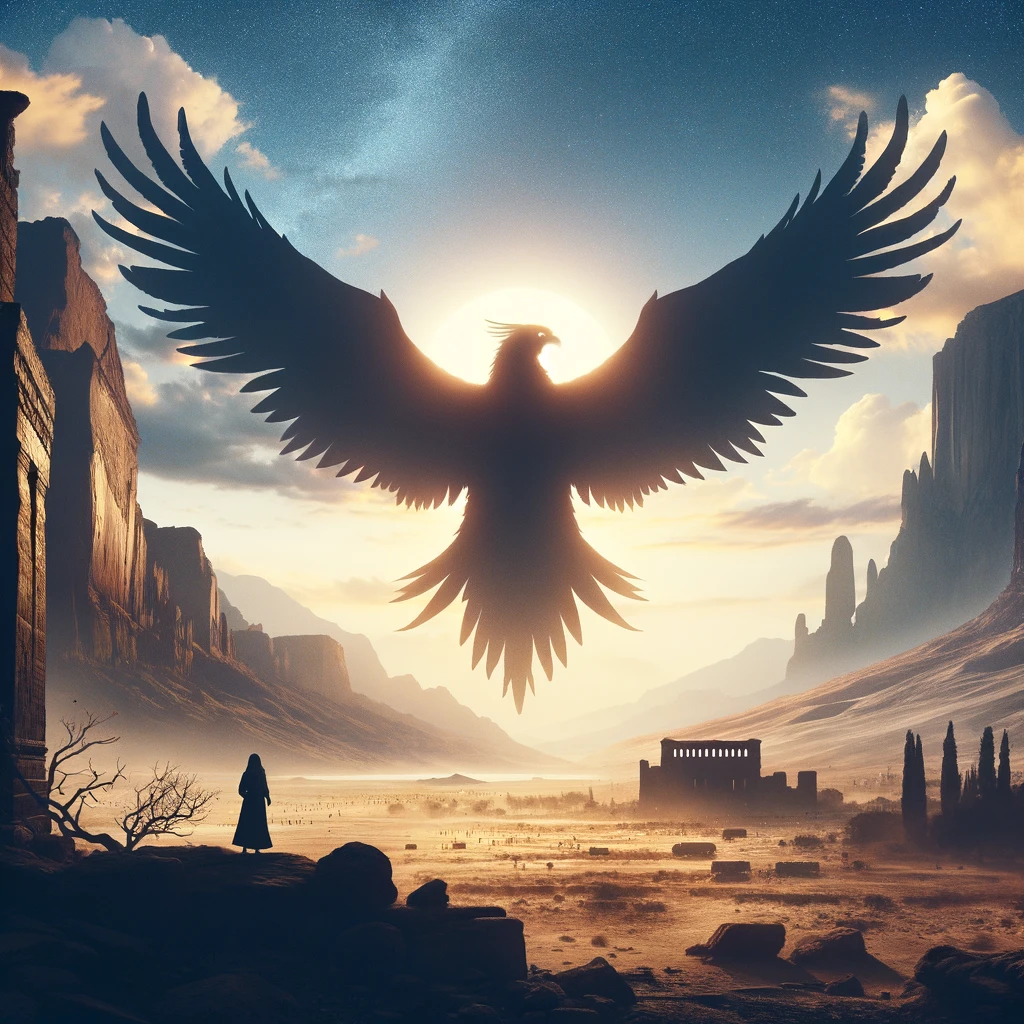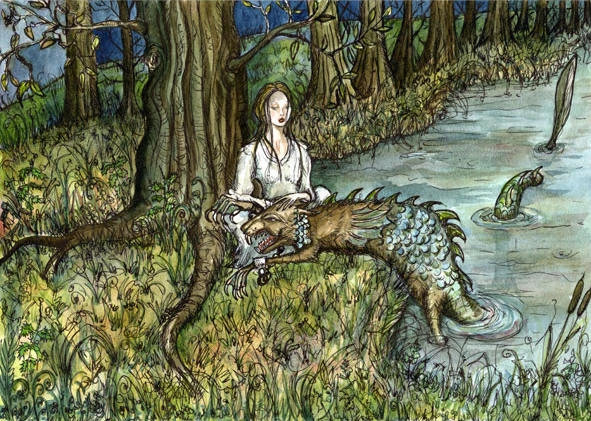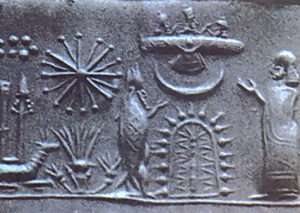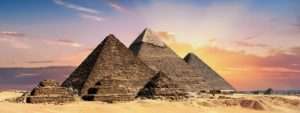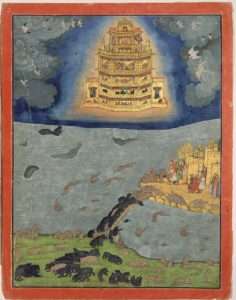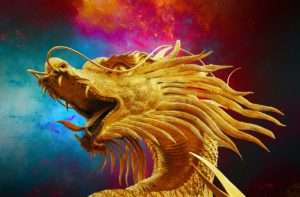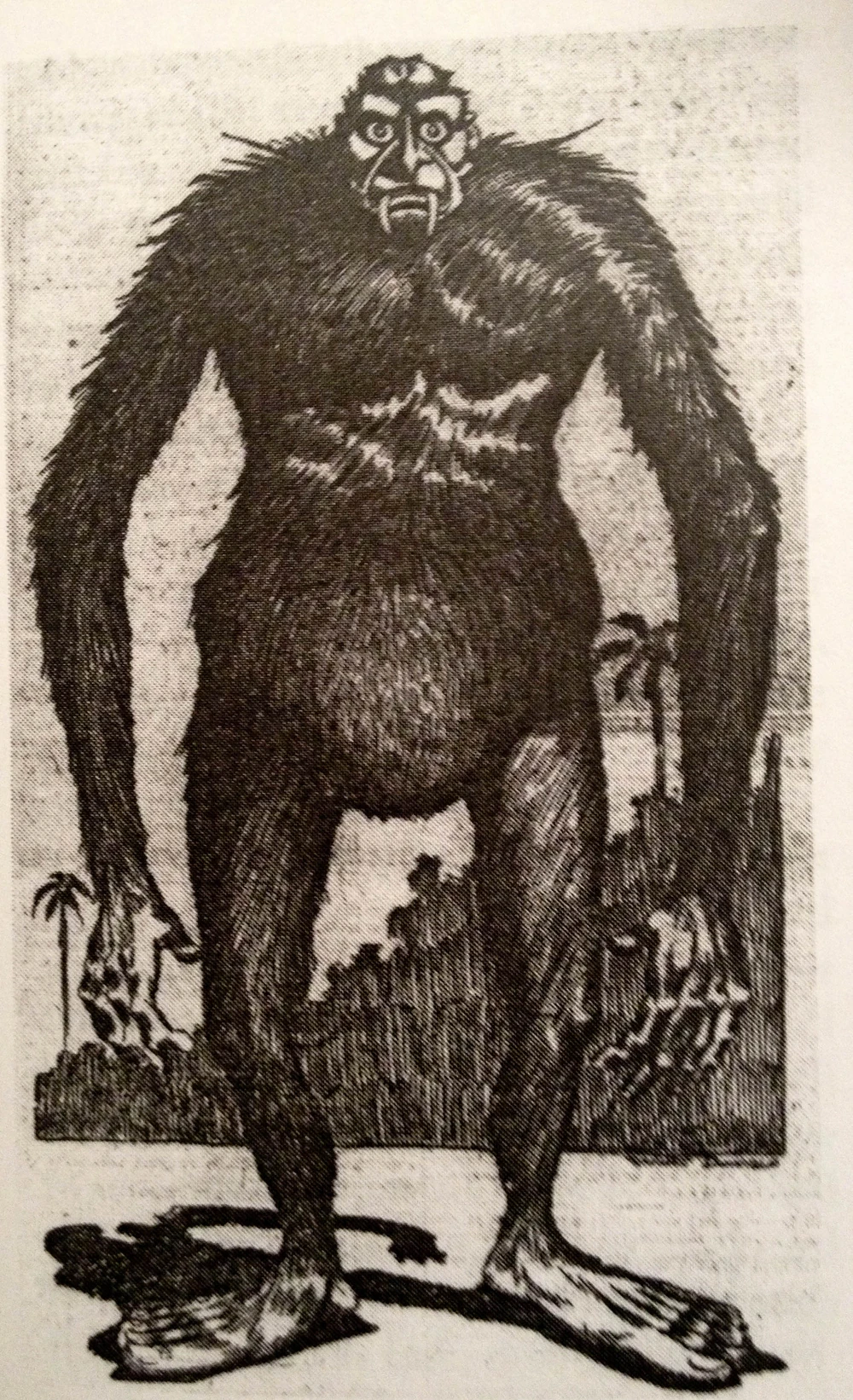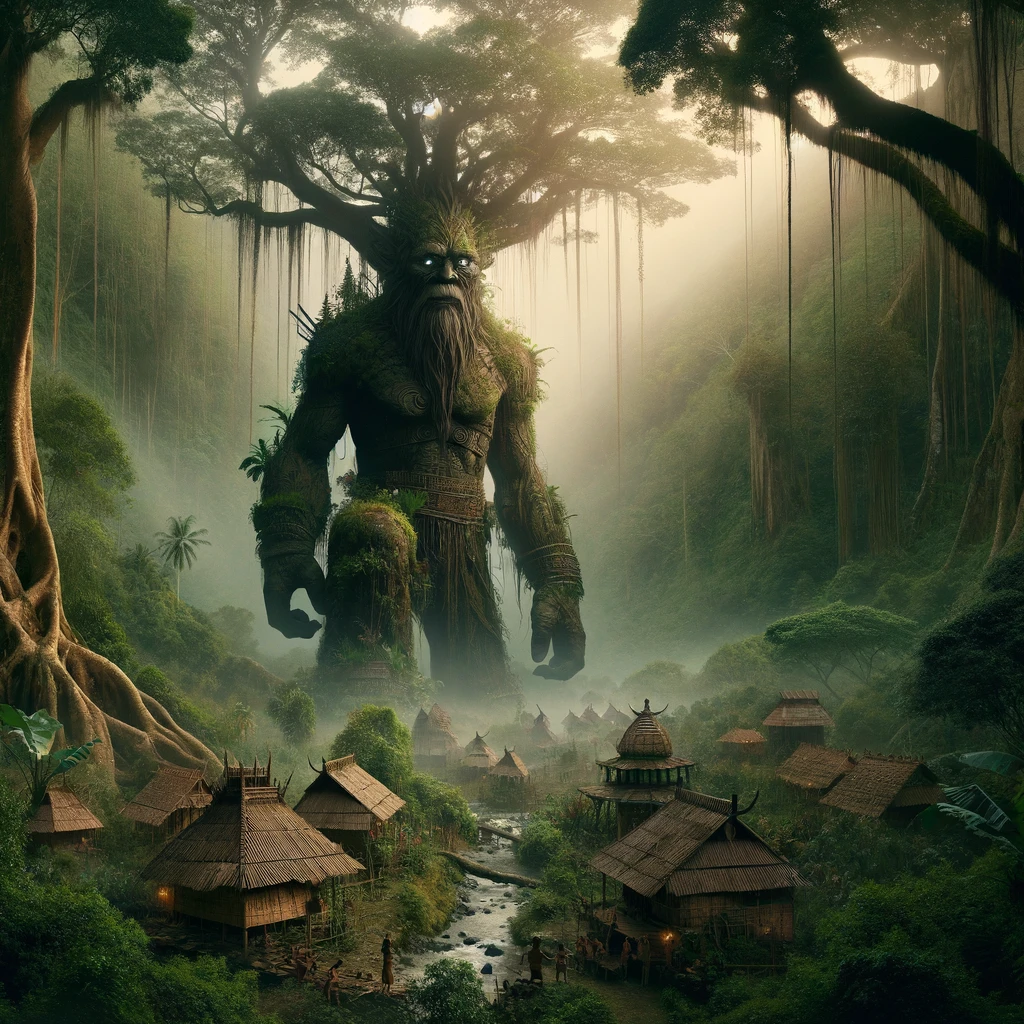Teju Jagua, a prominent figure in Guarani mythology, is one of the seven legendary monsters and the first son of Tau and Kerana, two central figures in Guarani lore. His story and symbolism play a significant role in the cultural heritage of the Guarani people, indigenous to the region that now encompasses Paraguay, southern Brazil, northeastern Argentina, and parts of Uruguay and Bolivia.
Origins and Mythical Background
Teju Jagua, born from the union of Tau, the spirit of evil, and Kerana, a beautiful human woman, is the eldest of their seven offspring. Each child was cursed by an old deity, Angatupyry, leading them to become mythical monsters. Teju Jagua’s siblings include figures such as Jasy Jatere, Mbói Tu’i, and Luison.

Teju Jagua is often described as having the body of a lizard or serpent and the head of a dog or jaguar with seven heads. His fearsome appearance, however, belies his gentle nature. Unlike his siblings, Teju Jagua is not malevolent; instead, he is portrayed as benign and protective. His depiction varies in different narratives, but he is commonly associated with caves, fruits, and the protection of treasures and natural resources.
Symbolic Representation
In Guarani mythology, Teju Jagua represents both the underworld and fertility. His association with caves links him to the earth and its bounties, while his serpentine form connects him to the subterranean world. Despite his monstrous appearance, Teju Jagua is not feared but rather respected and revered as a guardian spirit.
In Guarani communities, Teju Jagua is a symbol of nature’s abundance and the importance of respecting the earth. His story is often told to children as a moral tale, emphasizing values such as respect, humility, and the protection of the natural world.
Teju Jagua remains a vital part of the Guarani cultural identity. He appears in various forms of art, literature, and folklore, serving as a reminder of the Guarani people’s rich mythological traditions. Festivals, stories, and artistic representations often include Teju Jagua, celebrating the unique heritage of the Guarani.
Teju Jagua, the gentle giant of Guarani mythology, stands as a testament to the complexity and depth of Guarani cultural beliefs. His portrayal as a protective figure despite his fearsome appearance reflects the nuanced understanding of good and evil in Guarani folklore. As a guardian of nature’s treasures, Teju Jagua embodies the harmonious relationship between humans and the natural world, a theme that resonates strongly in contemporary discussions about environmental conservation and respect for indigenous cultures.

